
Thais Ocampo has been an active member of the National Liberation Party (Spanish acronym: PLN) since Figueres’ campaign for the presidency in 1994. Every time elections are coming up, her house in Cañas is the hub of party meetings and an open kitchen for those who help out during election day. The rest of the year, the green and white party flag flies on the roof of his house.
Ocampo was a municipal council member for PLN in the 2016-2020 term and is currently the vice president of the party in Cañas, where National Liberation has won four of the five municipal elections held between 2002 and 2020.
In the last 22 years, PLN had only lost once (2010-2016) against the Citizen Action Party (Spanish acronym: PAC). But in the elections on February 4, the emerging party United We Can (Spanish acronym: UP), founded by Vice President Natalia Díaz, took the power away from them once again. The difference between the two groups was 473 votes.
Three days after the municipal elections, Ocampo was reflecting on PLN’s defeat in Cañas on the couch in her house. She believes that the community is expressing dissatisfaction to PLN about the lack of companies in the canton, low employment and the high cost of taxes in the canton.
“People say that the town is falling behind because there are no sources of employment, no McDonalds and no cinema. The problem is that companies don’t want to invest in Cañas,” she said. “The Liberation candidate has been vice mayor twice and they [the community] believe that from there, she can do everything that the community needs,” she commented to The Voice.
Ocampo also said that the management of Guanacastecan legislator Luis Fernando Mendoza, elected mayor of Cañas in 2016 and 2020 and legislator in 2010 and 2022, generated antibodies, figuratively speaking, against the party within the town.
A person who was very poor, who went barefoot and who became president of the Legislative Assembly [2013-2014] — that should be a source of pride for a town. You don’t know why it would be [the reason for the antibodies],” she said.
Cañas is not the only canton in Guanacaste’s highlands where PLN lost its mayorships to emerging parties.
In Bagaces and Abangares, cantons bordering Cañas, the Liberal Progressive Party (Spanish acronym: PLP) and UP were the winners, respectively. Although Bagaces is currently governed by the Social Christian Unity Party (Spanish acronym: PUSC), historically PLN has won the mayor’s office on more occasions.
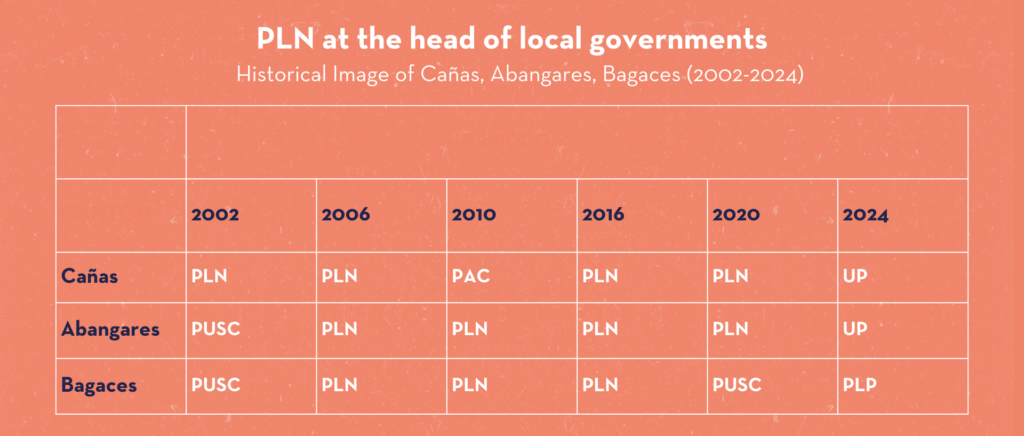
The majority of the government administrations in Bagaces, Cañas and Abangares have been dominated by National Liberation. But in these elections, the party didn’t secure any of those cantons.
On election day, the current vice mayor of Cañas, Leidy Rodriguez, who was PLN’s candidate for mayor, was convinced that she would win. According to her, the polls predicted a resounding victory.
Days later, Rodriguez believes that Here Costa Rica Rules (a party led by President Rodrigo Chaves that didn’t have candidates for mayor) was a determining factor in the victory of United We Can.
They came together and mobilized people to vote for UP. It took us by surprise. We didn’t see it coming,” she asserted in her office at the municipality.

“There are people who simply say that Liberation has to be removed because they’re crooks, and what I say is that PLN hasn’t been in the government for three elections. Why do they continue to have that idea?” said vice mayor Leidy Rodríguez, who was PLN’s candidate in Cañas,Photo: Rubén F. Román
Despite the defeat, Rodríguez thinks that the results reflect that PLN remains strong in Cañas. “To me, people haven’t tired of National Liberation because we came in second place against a party that united,” she expressed.
As in Cañas, PLN also came in second place in Bagaces and Abangares.
Katia Dobles, a resident of Santa Lucía in Abangares, was one of the more than 2,000 people who put their trust in UP in that canton, where the current National Liberation mayor, Heriberto Cubero, was seeking re-election.
Dobles explained that widespread dissatisfaction with PLN’s management in Abangares influenced many voters’ decision to seek change. “People were tired of promises not being kept,” she said.
In this context of discontent and looking for alternatives, UP, led by Javier Bogantes, a former Abangares municipal council member during the administration of José María Figueres Olsen, emerged as an attractive option for voters.
Neither of the two candidates elected in Cañas and Abangares are strangers to politics.
Alexander Elizondo, mayor elect of Cañas for UP, was a council member for PLN in the 2006-2010 term and since 2020, he has been a district council member for UP.
Political scientist Gustavo Araya believes that the results in these cantons don’t necessarily mean a decline of PLN. He describes the municipal elections as “an absolutely local phenomenon.”
In municipal elections, the party has some relevance but is not decisive. It can’t be said here that PLN or PUSC won because what matters in these processes is the candidate and the correlation of forces that they have within that canton. In Cañas and Abangares, PLN loses, but in Cañas, there ended up a person who was a council member for PLN…. and in Abangares, there’s someone who was a council member for PUSC,” he commented.
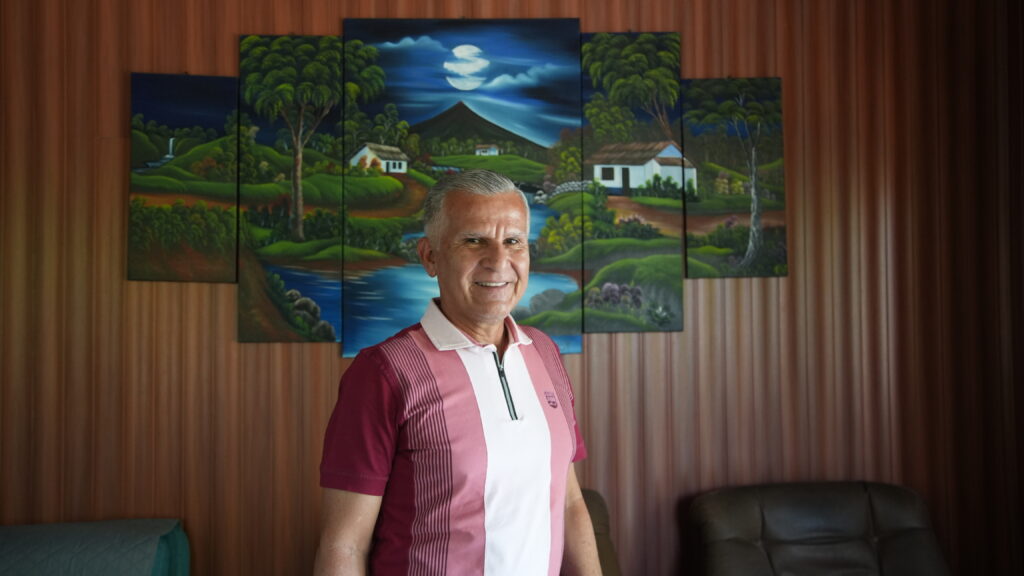
Currently the mayor elect from the United We Can Party in Cañas, Alexander Elizondo is a district council member for Bebedero.Photo: Rubén F. Román
To Elizondo, PLN’s decline is summed up in how the party bases its campaign on promises that they don’t keep.
“People were already tired because they were always saying that they promised and they didn’t keep it. That’s where I feel that people have moved away from the traditional parties to join the emerging parties,” said Elizondo in his home in Bebedero and he pointed at a property across from his property where, according to him, the municipality promised a public park. Today it‘s still a vacant lot.
The consolidation of the multiparty system at the municipal level is the reason why political scientist Araya isn’t surprised by the results.
At the local level, there’s sufficient evidence to maintain that multipartyism is already reaching the municipal level. The traditional parties are going to be increasingly fragmented [traditional party figures change to new groups] and that means that a party like PLN no longer has to compete against two but against many more forces, and that makes it more difficult,” explained Araya.
In Guanacaste, National Liberation won two out of 11 mayorships, one of them, that of Liberia, with less than 100 votes difference, according to the preliminary results from the TSE. In 2020, PLN had the majority support in four cantons, while in 2016, it had secured eight.


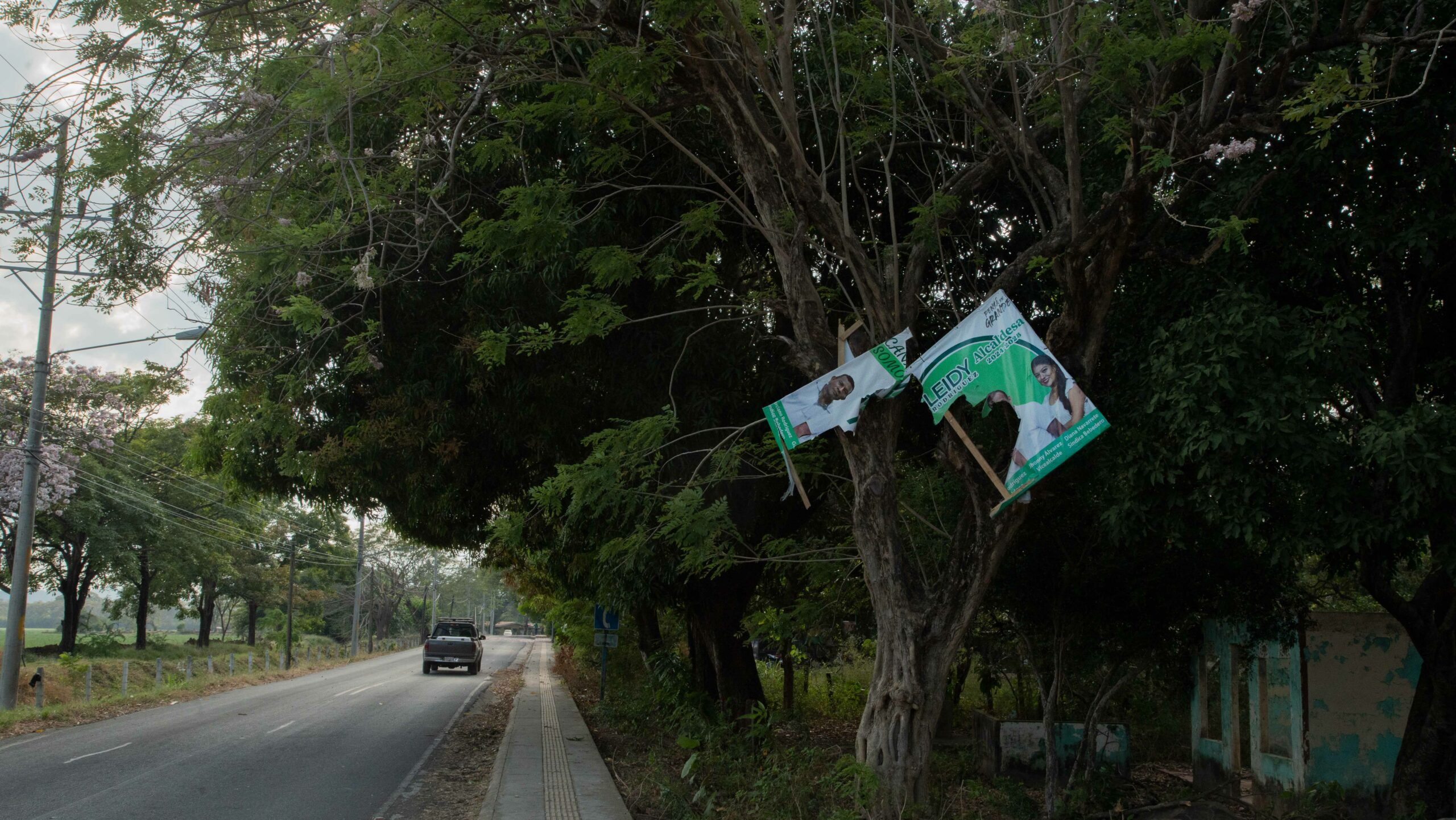

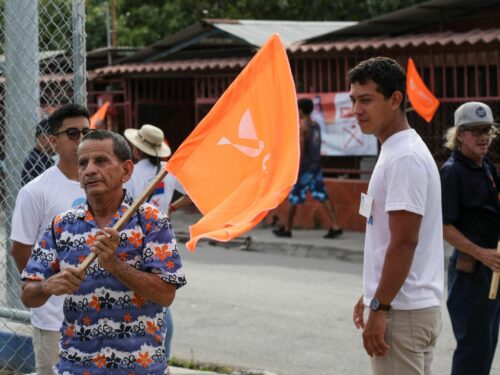
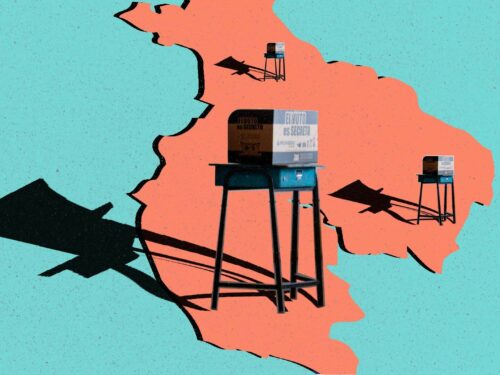

Comments